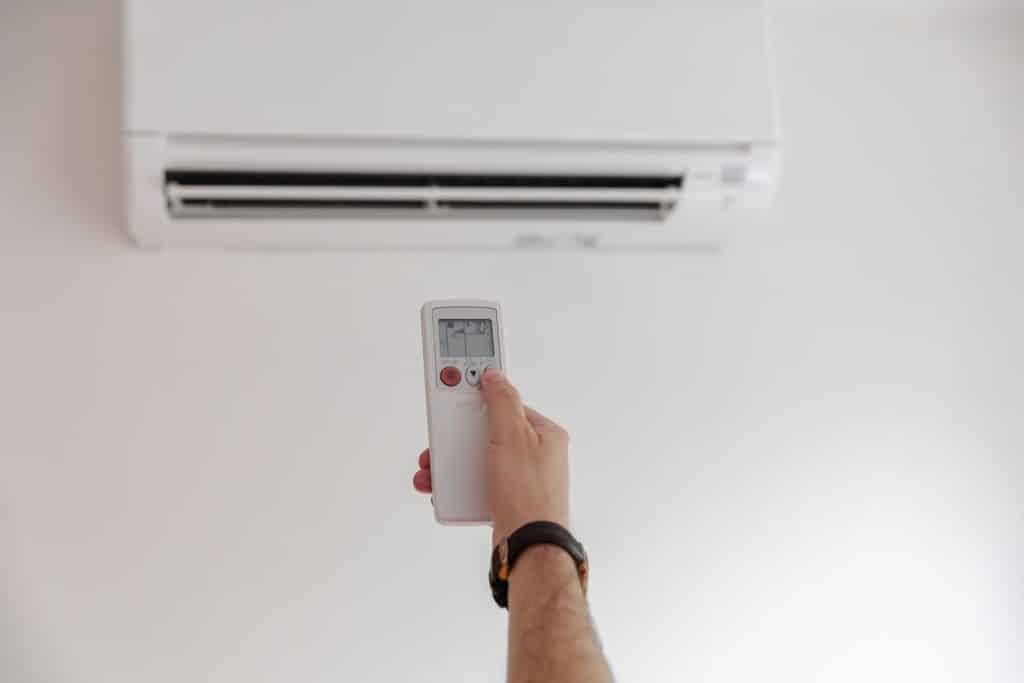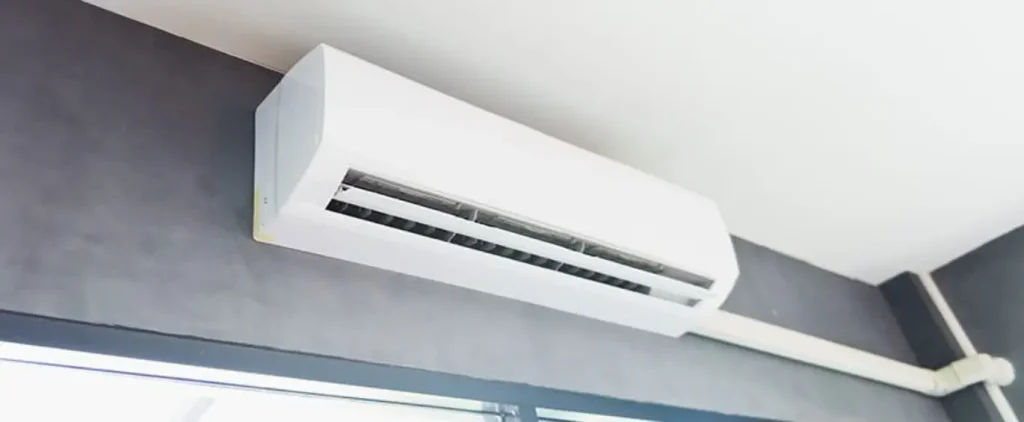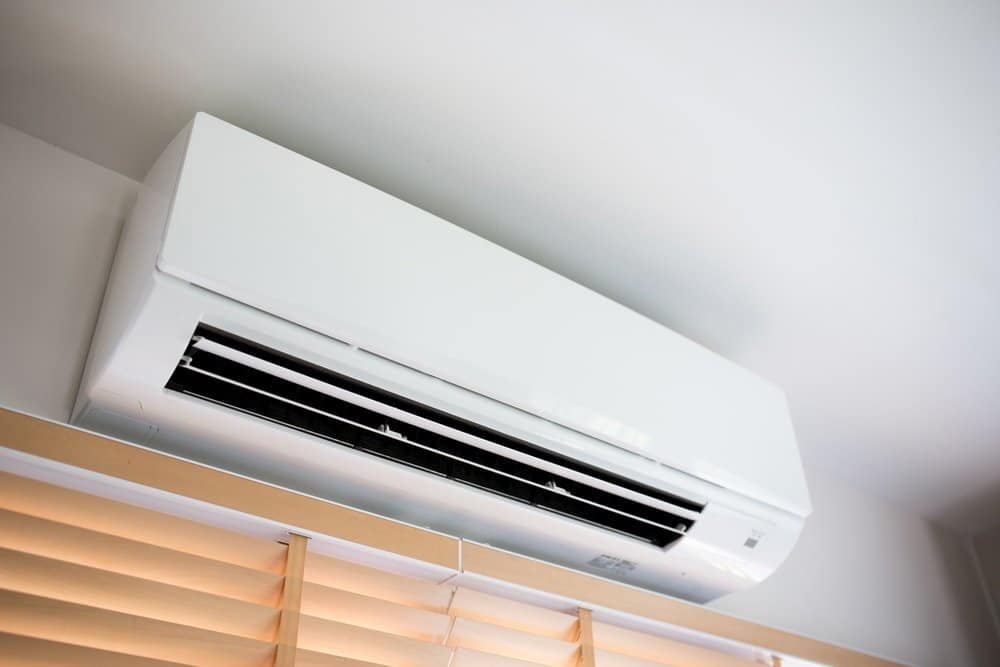Transitioning to eco-conscious living involves more than just reducing plastic waste or conserving water. It also entails responsibly disposing of large appliances like air conditioning units. But can you recycle your old AC unit? Let’s delve deeper into this topic, exploring the environmental impact, the intricate process of recycling, cost considerations, local regulations, alternative disposal options, consumer responsibility, and the broader implications for sustainability.
The Environmental Imperative
In a world increasingly aware of climate change and environmental degradation, every decision counts. Disposing of appliances improperly contributes to landfill overflow, releases harmful chemicals into the atmosphere, and increases greenhouse gas emissions. Recycling offers a sustainable solution by salvaging valuable materials and reducing the need for raw resources, thereby mitigating the negative impacts on our planet.

The Process of AC Recycling
Recycling an AC unit involves several intricate steps, each crucial for minimizing environmental harm and maximizing resource recovery. Firstly, it’s essential to disconnect and safely remove the unit, ensuring no damage to surrounding structures or components. Then, technicians carefully drain any remaining refrigerant, a critical step to prevent ozone depletion and greenhouse gas emissions. Next, the unit undergoes meticulous disassembly, with skilled professionals separating recyclable components like metal, plastic, copper tubing, and electronic circuitry. These materials are then sorted, cleaned, and processed for reuse in various manufacturing applications, extending their lifecycle and reducing the demand for virgin resources.
Benefits of Recycling
The advantages of recycling extend far beyond mere environmental stewardship. By recycling your old AC unit, you actively support a circular economy, where resources are continually reused, repurposed, and recycled, rather than being discarded after a single use. Additionally, recycling conserves energy, as it requires significantly less energy to process recycled materials than to extract, refine, and manufacture new ones from scratch. Moreover, recycling reduces the strain on natural ecosystems and helps mitigate the environmental impacts associated with resource extraction, transportation, and waste disposal.
Cost Considerations

While some recycling programs may charge a nominal fee for AC unit disposal, these costs are often outweighed by the long-term benefits to the environment, public health, and community well-being. Moreover, many municipalities and utility companies offer incentives, rebates, or tax credits for participating in recycling initiatives, further offsetting any associated costs. Additionally, by extending the lifespan of valuable materials and reducing the demand for new resources, recycling can lead to significant cost savings for businesses, manufacturers, and consumers alike in the long run.
Local Regulations and Resources
Before recycling your old AC unit, it’s essential to research local regulations, ordinances, and available resources in your area. Many municipalities, counties, and states have specific laws governing the disposal of appliances, including requirements for proper handling, transportation, and recycling of hazardous materials. Additionally, some communities offer curbside pickup, drop-off locations, or specialized recycling centers for appliances, making it convenient for residents to dispose of their old AC units responsibly. Furthermore, retailers, manufacturers, and utility companies may offer take-back programs, trade-in incentives, or recycling partnerships to encourage consumers to recycle their old appliances when purchasing new ones.
Alternative Disposal Options
If recycling isn’t feasible or cost-effective, there are alternative disposal methods to consider. Some organizations specialize in refurbishing old appliances for resale or donation to low-income households, charitable organizations, or community projects. Others repurpose salvaged components for art, education, or DIY projects, showcasing the creative potential of upcycling and reuse. However, it’s essential to vet these organizations carefully, ensuring they adhere to environmental regulations and ethical standards for waste management and disposal. Additionally, be cautious of illegal dumping or improper disposal, which not only harms the environment but also risks fines, penalties, and legal consequences for individuals and businesses alike.
Consumer Responsibility

As consumers, we hold the power to drive sustainable change through our everyday choices and actions. By opting for recycling over traditional disposal methods, we demonstrate a commitment to environmental preservation, resource conservation, and community resilience. Furthermore, by raising awareness, advocating for policy changes, and supporting initiatives that promote recycling, we can amplify our impact and inspire others to join us in building a more sustainable future for all.
Conclusion
Recycling your old AC unit is not only environmentally responsible but also a practical and tangible way to contribute to a more sustainable future. By understanding the intricate process of recycling, considering associated costs and incentives, researching local regulations and resources, exploring alternative disposal options, and embracing consumer responsibility, you can make an informed decision that benefits both the planet and future generations. Together, let’s embrace sustainable cooling solutions and strive towards a cleaner, greener, and more resilient world for all.





GIPHY App Key not set. Please check settings